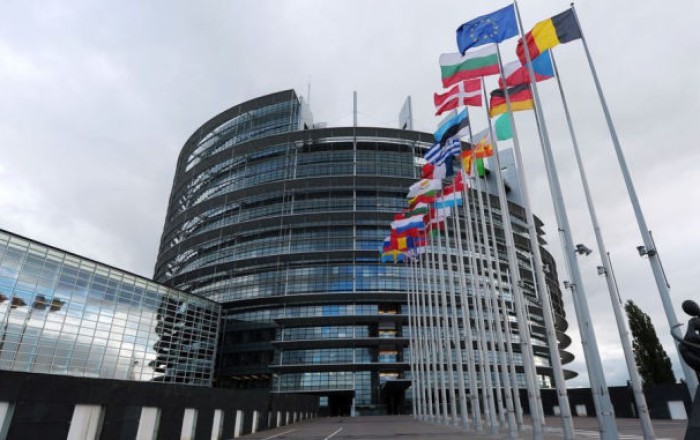The New York-based Committee to Protect Journalists (CPJ) has issued a travel advisory urging journalists heading to the United States to take heightened precautions, amid growing concerns over potential new border restrictions and increased scrutiny under the administration of President Donald Trump.
The advisory of the NGO specifically targets journalists reporting on politically sensitive topics and provides comprehensive recommendations covering legal, digital, and physical security. According to an article by Newsweek, these guidelines are intended to help journalists prepare for possible searches, surveillance, detention, or denial of entry at US border checkpoints.
This warning follows reports that the Trump administration is considering a new proposal to impose travel restrictions on citizens from more than 40 countries, including Iran, Russia, Venezuela, and several African nations. These proposed measures mirror policies enacted during Trump's first term—policies that were upheld by the US Supreme Court at the time. CPJ cautioned that such restrictions could be implemented with little or no public notice, urging media professionals to proactively prepare for potential disruptions.
Several foreign governments have already responded to the possibility of renewed travel bans by tightening their own travel advisories for the US Some have warned citizens about increased scrutiny and the risk of being turned away at the border, particularly in light of recent incidents involving foreign nationals.
A major point of concern for CPJ is the expansive authority held by US Customs and Border Protection (CBP). Border agents are legally permitted to inspect travelers’ electronic devices—including smartphones, laptops, and tablets—without a warrant or probable cause. Journalists may be compelled to unlock their devices or provide access to social media accounts, raising the risk that confidential or sensitive information could be copied or stored by authorities. Refusing to comply may lead to prolonged questioning, confiscation of devices, or even denial of entry—especially for non-US citizens and dual nationals.
To mitigate these risks, CPJ advises journalists to travel with clean, secure devices that contain minimal data and are not connected to personal or professional accounts. Devices should be encrypted, powered off during transit, and cleared of non-essential data. Additional precautions include logging out of all apps, deleting browsing histories, and disabling biometric features like fingerprint or facial recognition.
The advisory also highlights increased risks for dual nationals. Journalists who hold dual citizenship—such as British-Iranian or French-Syrian individuals—may face additional scrutiny, delays, or entry denials, particularly if one of their nationalities is from a country on the proposed restricted list. CPJ urges these individuals to carefully consider which passport they use when entering the US, as it may significantly impact their experience at the border.
By Nazrin Sadigova
Source: caliber.az












